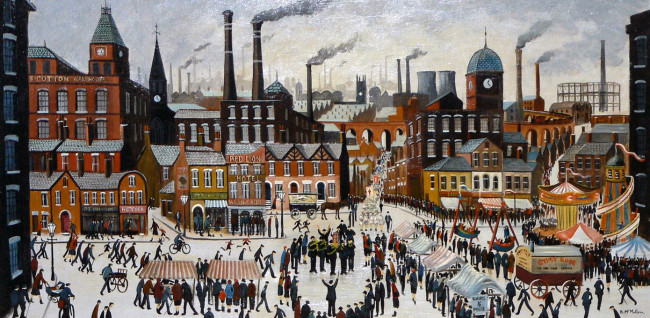
We have a short issue for you this week as we hit the depths of what is known in the UK press as the ‘silly season’, based on the time when parliament and law courts were closed in the summer and reporters were sent out to find stories in the street. I’m obliged to Wikipedia for informing me that this period is known as ‘cucumber time’ in other regions. As well as the news business, the financial markets were often quite slow during ‘the season’, which could mean that small amounts of trading could cause stocks to swing quite widely. Conservative investors were advised to ‘Sell in May and go away’, to avoid this turmoil.
That was also the time of ‘The season’ in the UK – when, traditionally, wealthy and aristocratic families would come to London for social purposes and attend events such as the races at Royal Ascot, the Henley Regatta, the Epsom derby, Cowes week (sailing) the Badminton horse trials and the Proms concerts. The season would traditionally end today, the 12th August (“the glorious 12th”), when the grouse shooting season started and those with large estates would return to the country for that sport. Dates for the events in the season were informally coordinated to ensure that those staying in the capital could attend all the events.

Especially in continental Europe, August is just the time for holidays. I still remember a few years calling the headquarters of Acer, then based in Italy, during August to get a recorded message. “If you have a warranty query, contact this number. Otherwise, we’re closed until September”.
At the start of my career, I worked in the steel tubes business in Manchester, the home of the global textile industry in the 19th century and, at that time, still with a lot of textile mills in Lancashire. Those mills used a lot of tubes for water that needed to be replaced during periodic maintenance and this was normally done in the summer. Each of the main towns would, effectively, close for a full week, known as a ‘Wakes week’. Mill workers would go on holiday together and planned maintenance would be done, so our office had a big “Wakes week calendar” on the wall, showing when towns such as Rochdale and Blackburn in Lancashire would close. The dates were co-ordinated so that the equipment makers and maintenance companies could get everything done. Part of my job was to contact the local suppliers of tubes and pipe fittings before the holiday to make sure that they had stock. Residents that could afford to went for holidays in Blackpool and the coast.

These days, the disappearance of much manufacturing and, especially, much of the textile business from the region means that Wakes weeks no longer take place. Nevertheless and despite globalisation and 24/7 commerce, and the relative insignificance of the agriculture industry in developed countries, there is a clear rhythm to our year. That is based on the seasonality of the markets, especially the TV and consumer electronics market, and the mainly annual routine of the trade shows that take place to support those markets. CES, for example, allows brands to show the TV sets that they will put into their product ranges in the spring ready for the build up of sales in Q4 and early in Q1. The mobile phone market is also driven by an annual pulse of product announcements, with the Mobile World Congress in Barcelona as the key event.
Almost all the shows that we go to are now annual. I can only think of Photokina (the German photography show) and the Farnborough Air Show (which alternates with Paris) that take place every two years. IFA used to alternate with Photokina, but switched to an annual basis about ten years ago, when it took a lot of the consumer brands away from CeBIT.
Bob

